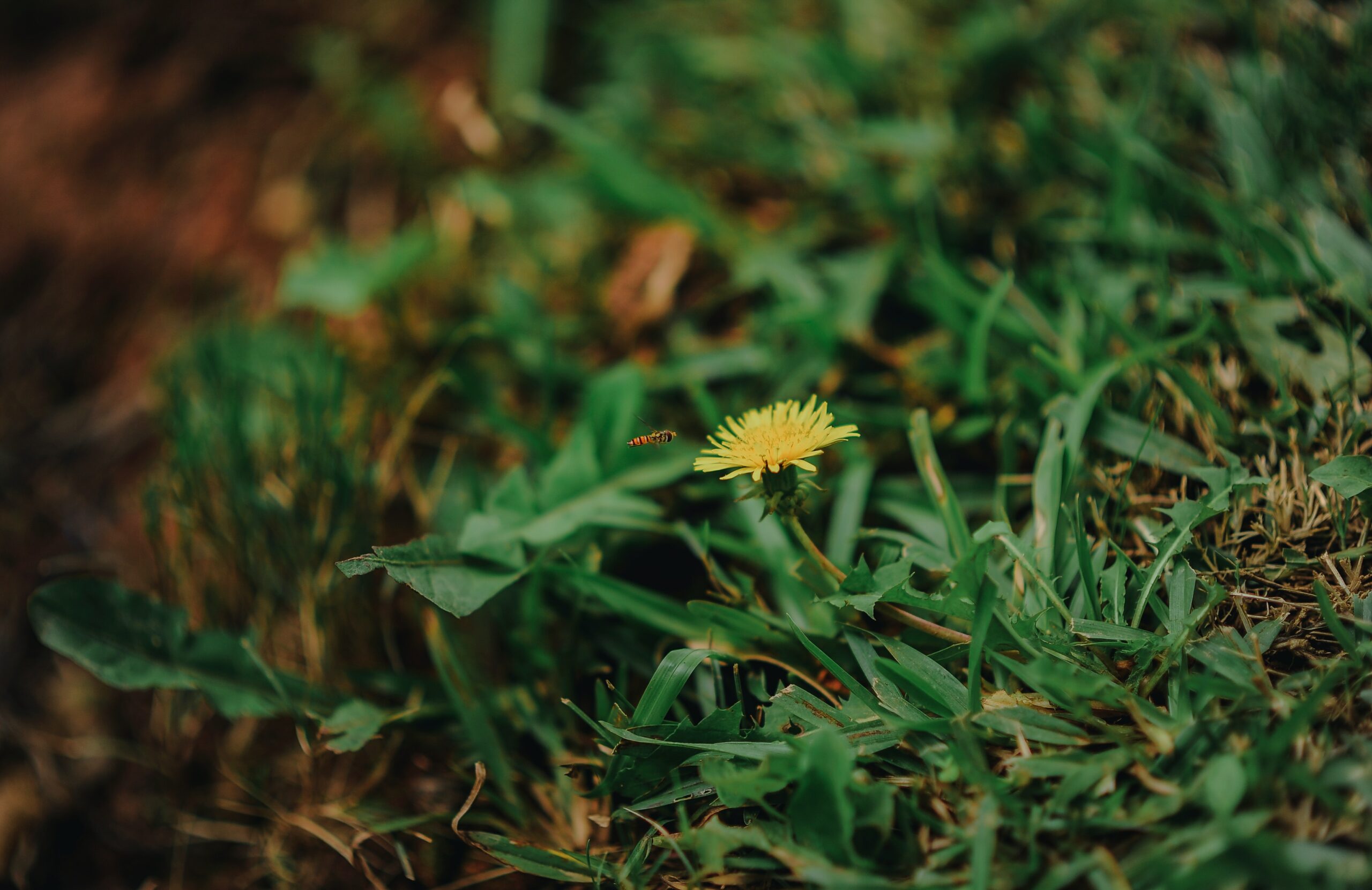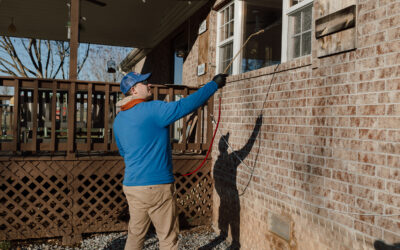
Preventing Weeds in your Garden when Spring Arrives
Vibrant, beautiful gardens are part of the irresistible appeal of springtime, especially for devoted home gardeners who have been waiting all winter to get back outside and start growing things! However, the challenge of weed invasion is a problem faced by anyone cultivating plants. It’s a tale as old as time, but cultivating a beautiful garden demands more than just enthusiasm– it requires a strategic approach to weed prevention.
We’ve compiled a few of our very best tips and tricks to effectively combat weeds during the spring season.
Essential tips for a weed-free spring garden
Preparing the soil in your garden is helpful for a myriad of reasons. Ensuring that your soil is well-drained and nutrient-rich is a great way to cultivate a thriving garden. Further enrich your soil with organic matter, like compost.
Conduct regular inspections to spot any early signs of weeds emerging in your garden, and promptly eliminate any budding weeds to prevent them from multiplying and keeping your garden looking incredible.
Mulch can also be used to suppress weed growth while maintaining soil moisture, while pre-emergent herbicides can be built into your routine, establishing a preemptive defense against weed growth. However, using herbicides should be done with caution and preparedness, since some weed killers are not suitable to use near plants that will be eaten, like fruits and vegetables.
Identifying and tackling common spring weeds
Familiarize yourself with the usual suspects: dandelions, crabgrass, and chickweed– that can virtually take over gardens in springtime. Equip yourself to identify these invaders early on, so that you can take action as soon as you spot them in your flowerbeds!
Hand-pulling weeds or utilizing special weeding tools can work well for smaller-scale weed removal. If you’re using tools, be careful to disturb as little soil as possible while eradicating the weeds, since any disturbance can affect healthy growth in your plants.

Environmentally conscious approaches to weed prevention
If you’re opposed to herbicides, or are growing vegetables and don’t want to risk using chemicals that might make your hard-earned veggies unsafe to eat, consider embracing the power of organic herbicides. These solutions use ingredients like vinegar or essential oils, providing an eco-friendly alternative to traditional chemical weed killers.
Organic weed control is an important aspect of sustainable gardening practices, and minimizes negative environmental impact while effectively managing unwanted plant growth.
There are a wide array of options available to you– vinegar-based sprays, for example, are known for their weed-suppressing properties.The acetic acid in vinegar disrupts the cellular structure of plants, which gets rid of weeds but also means that you should be careful to avoid applying these sprays to plants that you’d like to keep around.
Essential oils, like clove or eucalyptus, can also be great ingredients for organic herbicides, offering weed control, insect control, and a pleasant fragrance for your garden.
When to utilize professional services
While organic and sustainable methods are powerful tools in your weed prevention arsenal, recognizing the value of professional services is equally important. Lawn care professionals bring a level of expertise and precision that can significantly enhance the effectiveness of your weed prevention efforts.
Professional services can serve as an additional layer of support for weed prevention. Experts can assess your garden’s unique needs, identify potential issues, and implement targeted solutions.
As you start up your spring gardening endeavors, arm yourself with a set of strategies to effectively handle any weeds that might pop up, and enjoy a great spring of happy gardening!
Call your local West Termite location or fill out the form
on our contact page to schedule your inspection today!
More posts from West Termite, Pest & Lawn
Pestproofing Entry Points Before Spring
As spring approaches in Arkansas, homeowners face an increased risk of pests seeking warmth, food, and shelter. Many infestations begin with small, unnoticed entry points that allow insects, rodents, and other pests to move indoors. Pestproofing your home before the...
Early Spring Termite Activity in Arkansas
As Arkansas begins to warm in early spring, homeowners may assume termites remain dormant until the summer months. In reality, spring termite colonies can become active much earlier, especially as soil temperatures rise and moisture levels increase. Subterranean and...
Preparing Your Home for Early Spring Pests
As winter fades and temperatures rise in Arkansas, homes become vulnerable to a fresh wave of early spring pests. Early spring is a critical time to take preventive action because insects, rodents, and other pests start emerging from dormancy, seeking food, warmth,...



